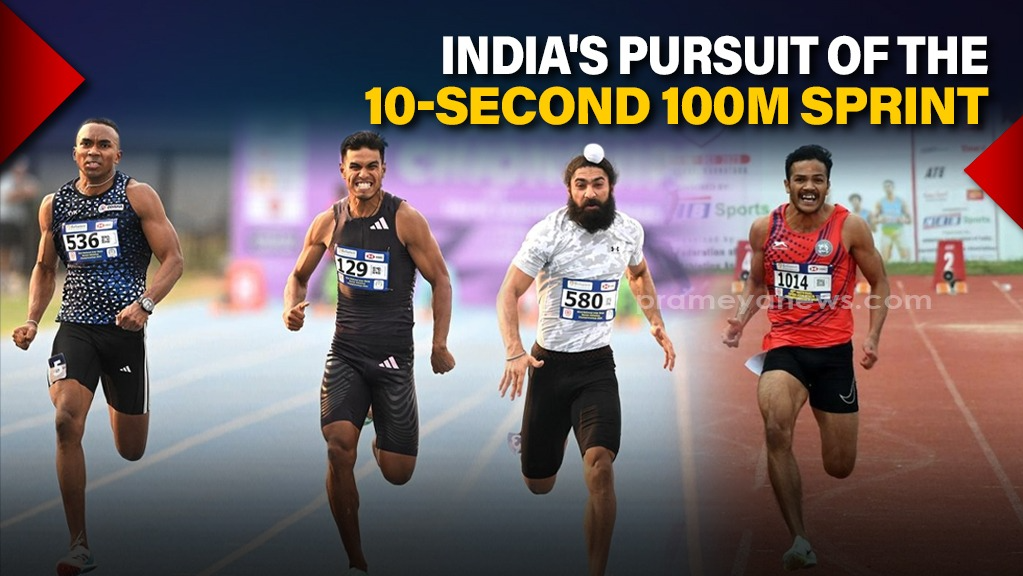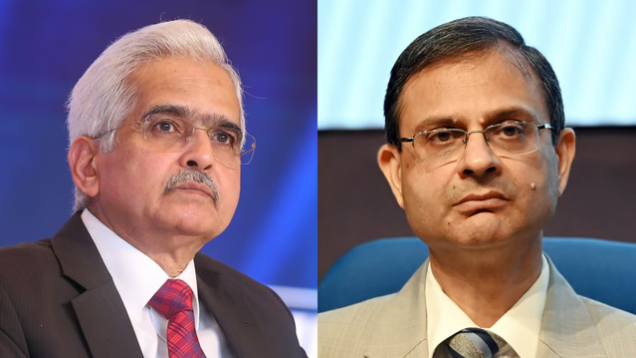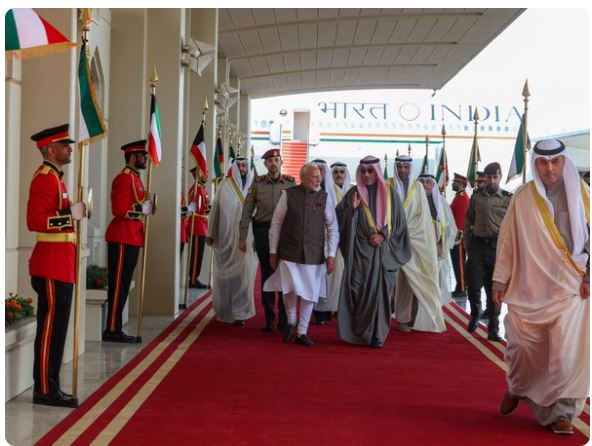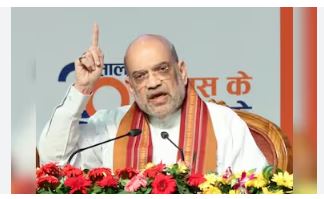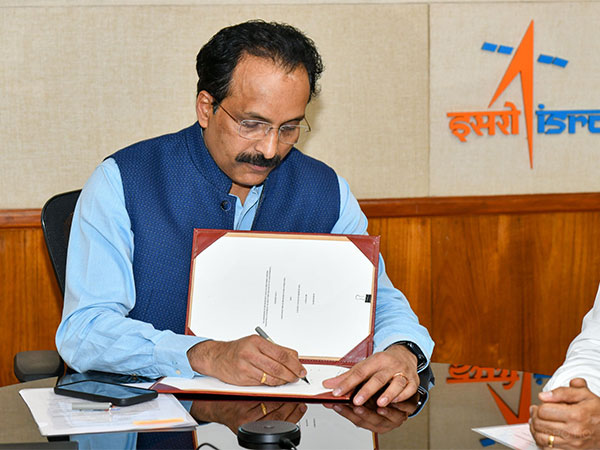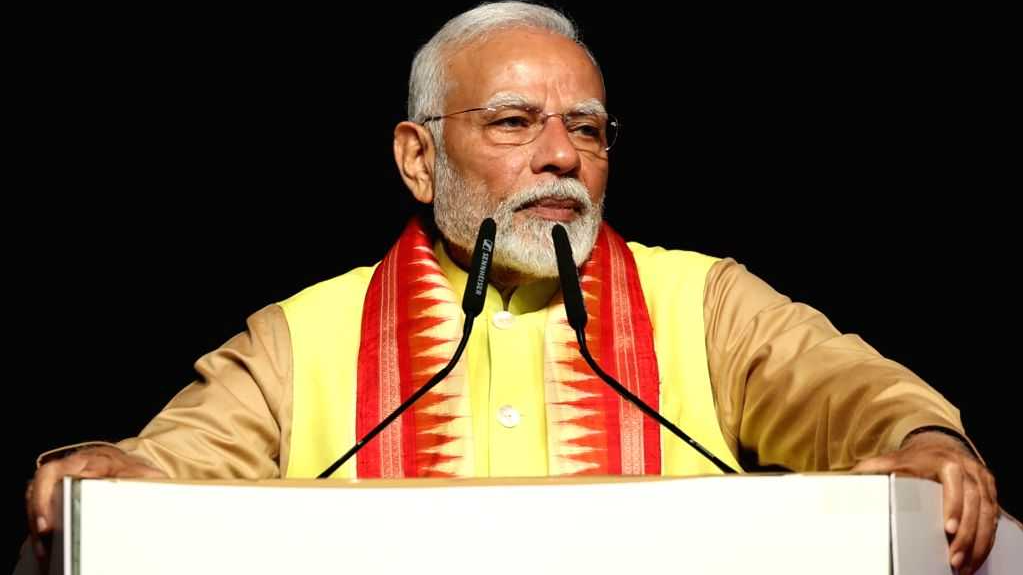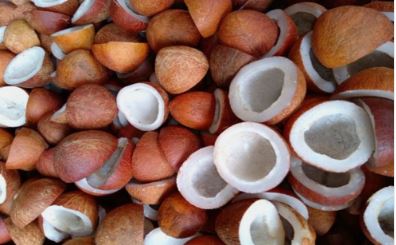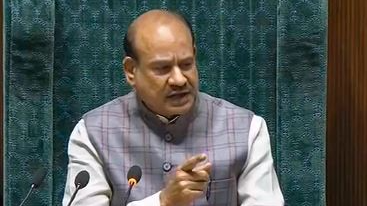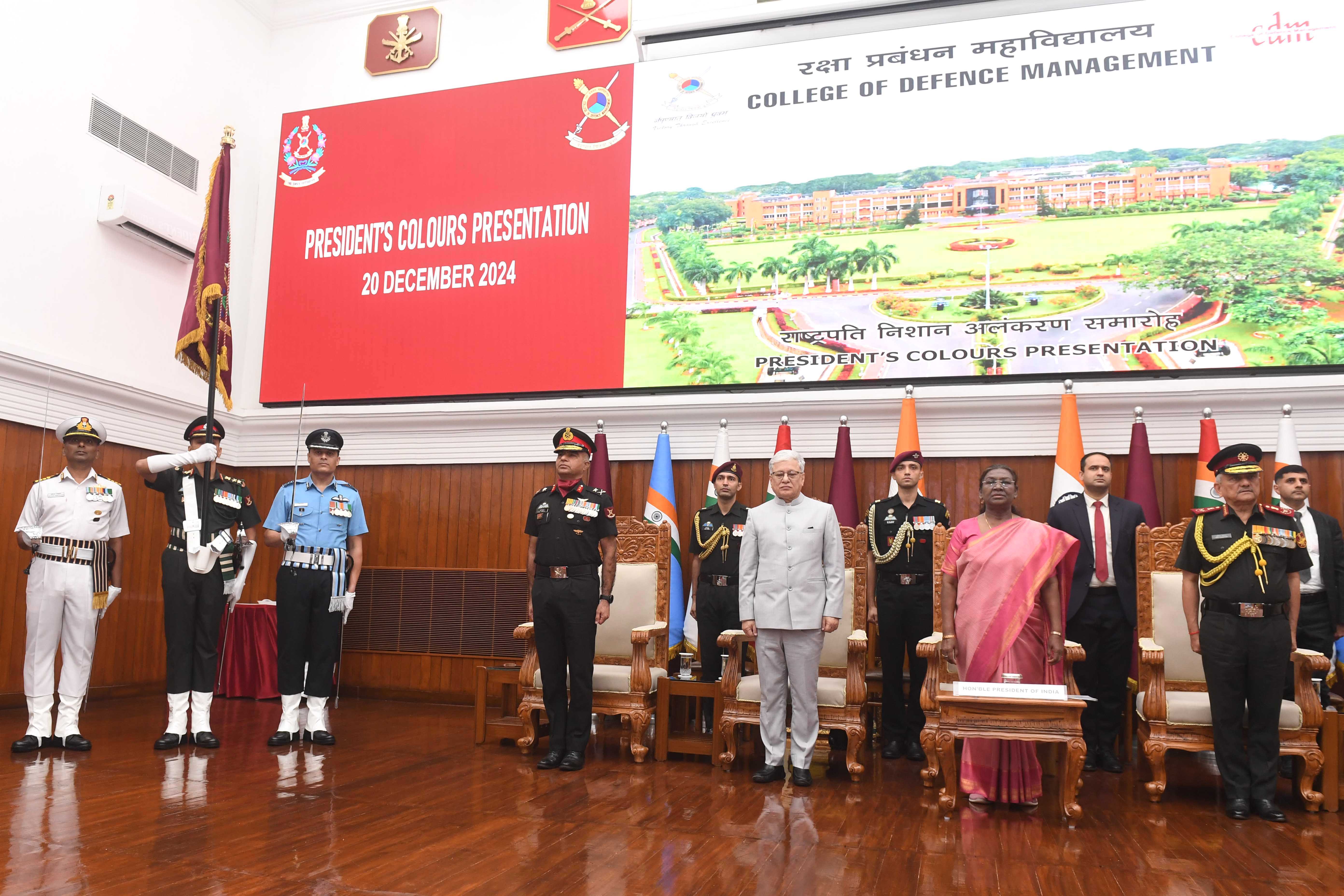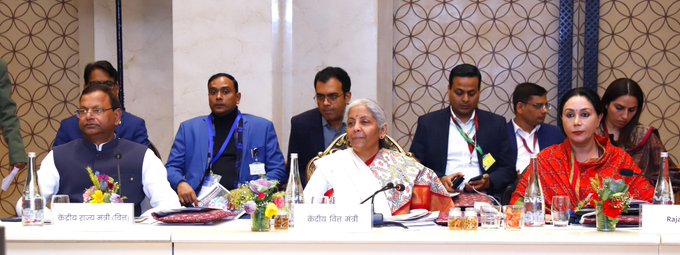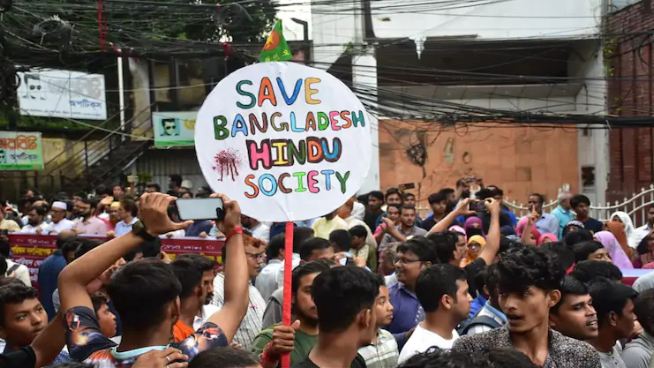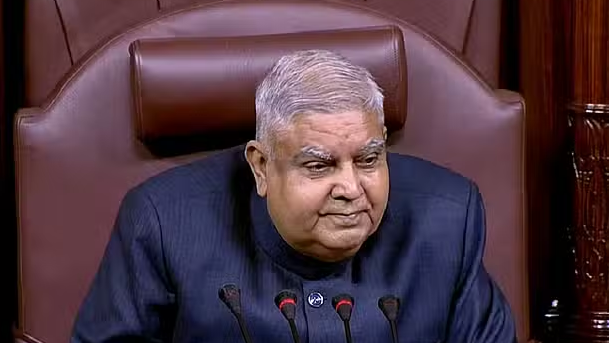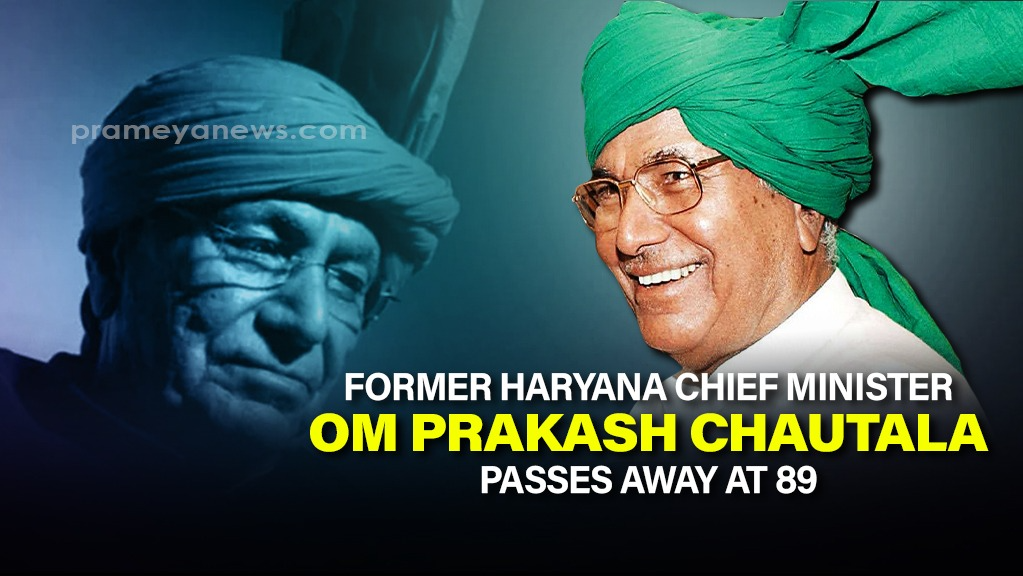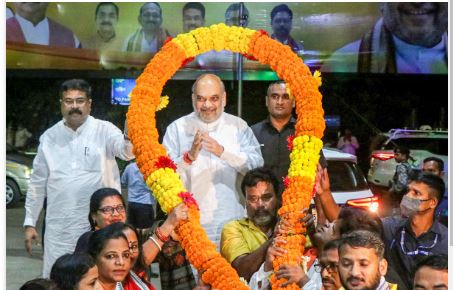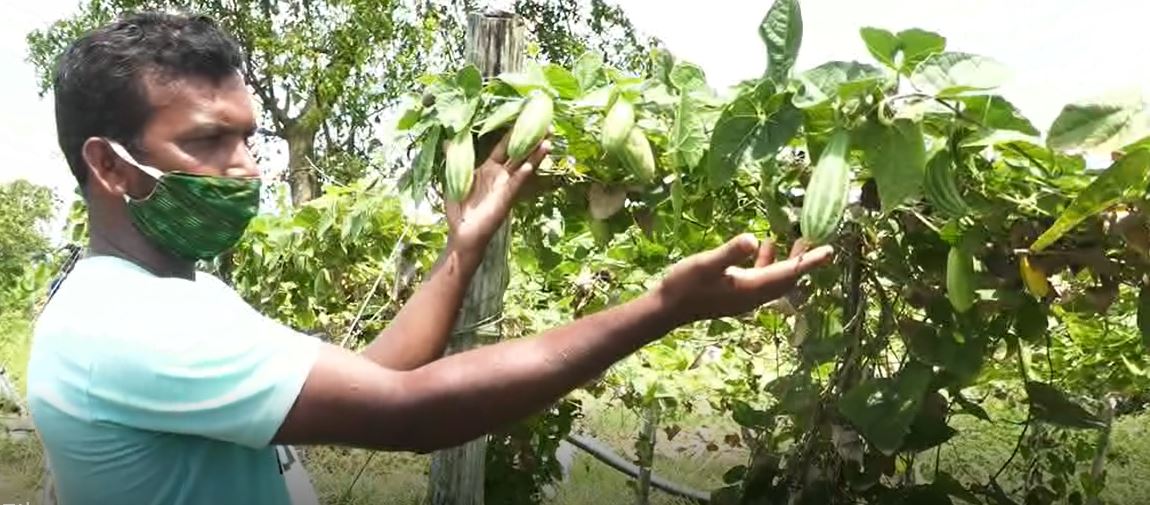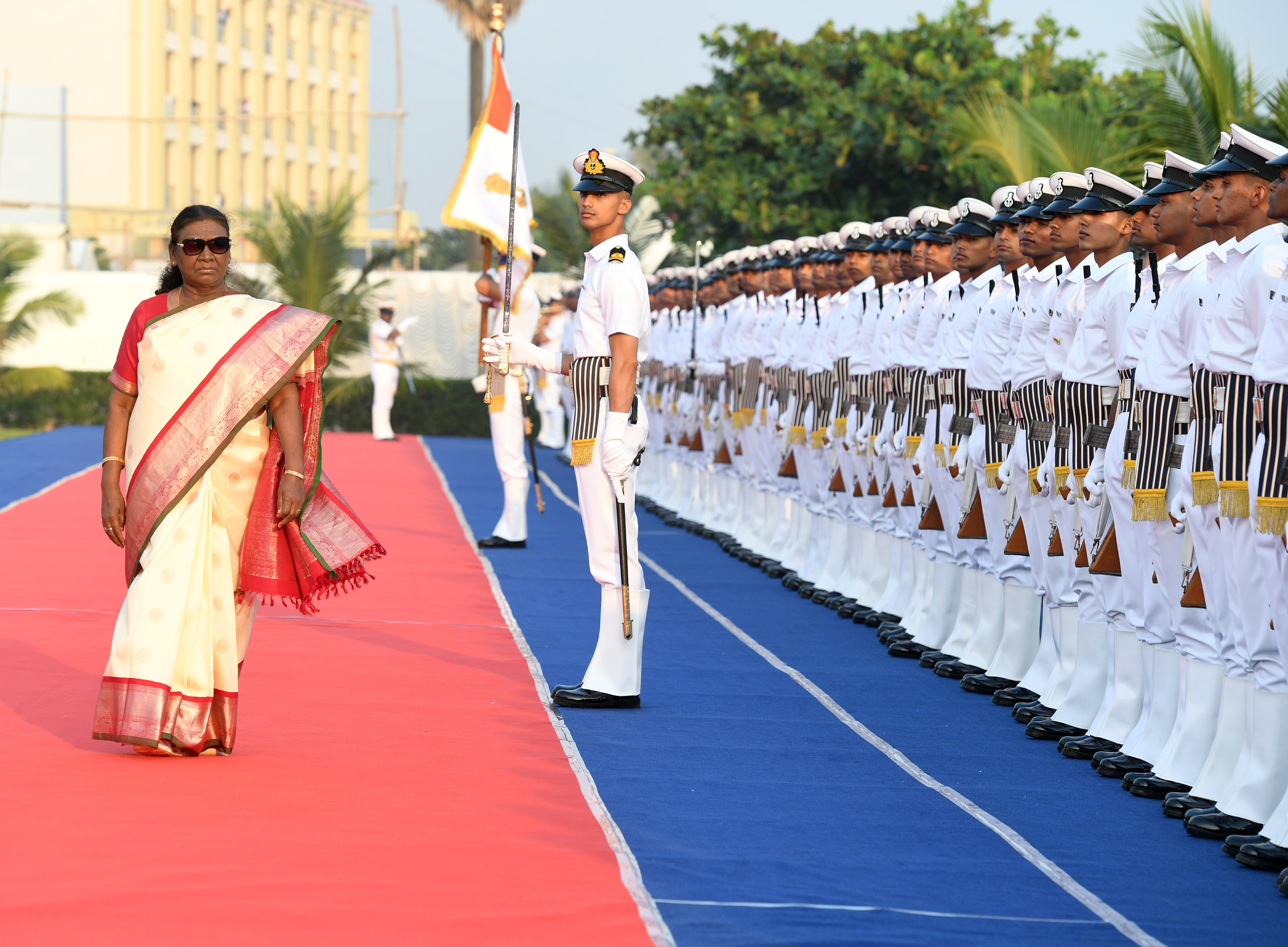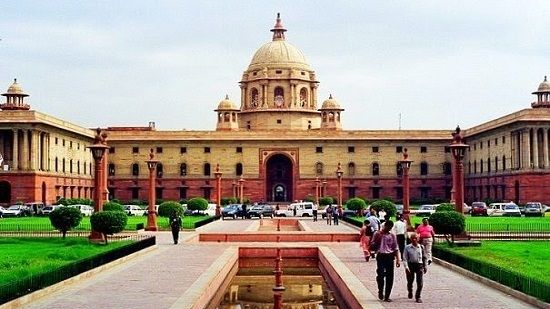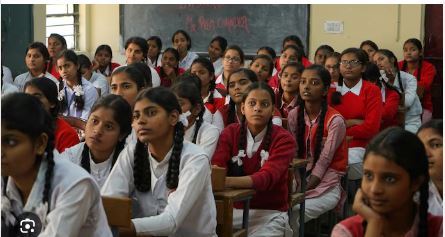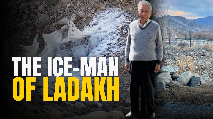The crack of the starting pistol, the explosive burst of speed, the electrifying race to the finish line – the 100m sprint is the ultimate test of human velocity. It's a spectacle that captivates audiences worldwide, a showcase of raw power and athleticism. But for India, this event has presented a unique challenge: the seemingly insurmountable 10-second barrier.
While Indian athletes have excelled in other track and field disciplines, the 100m sprint has remained a frustrating hurdle. But now, a new wave of talented sprinters, armed with cutting-edge training and a burning desire to rewrite history, are giving India renewed hope.
Inside the High-Performance Hub:
At the Reliance Foundation High Performance Centre in Mumbai, a revolution is brewing. Here, four of India's fastest men are pushing their limits day in and day out, under the watchful eyes of expert coaches and sports scientists.
Let's meet the speedsters:
Manikanta Hoblidhar: The man who dared to dream. He holds the current national record of 10.23 seconds, a time he achieved at the 2023 Open National Championships. A heartbreaking hamstring injury at the National Games robbed him of a chance to go even faster, but his determination remains unshaken.
Animesh Kujur: The quiet competitor. He clocked the fastest time by an Indian this year at 10.27 seconds, a testament to his consistency and dedication. Animesh is a firm believer that India has the potential to make a mark on the global stage.
Amlan Borgohain: The versatile athlete. While he holds the national record in the 200m, Amlan is no slouch in the 100m either, boasting a personal best of 10.25 seconds. His speed and endurance make him a force to be reckoned with.
Gurindervir Singh: The resilient fighter. With a personal best of 10.27 seconds, Gurindervir is the fifth-fastest Indian in history. His journey has been marked by setbacks, including injuries and outdated training methods, but his unwavering spirit has kept him on track.
The Global Perspective:
While these timings are impressive within the Indian context, they pale in comparison to the world's elite. Manikanta's national record places him 1427th in the global rankings, a stark reminder of the gap that needs to be bridged. The world record, set by the legendary Usain Bolt, stands at an astonishing 9.58 seconds.
Unraveling the Challenges:
The reasons behind India's struggles in the 100m sprint are multifaceted:
The mental barrier: For years, a sense of self-doubt has plagued Indian sprinting. Many coaches and athletes themselves believed that Indians simply weren't built for speed. This lack of belief has discouraged many from pursuing the 100m, pushing them towards longer distances where India has traditionally had more success.
The injury hurdle: Sprinting is a high-impact activity that puts tremendous stress on the body. Injuries are an occupational hazard, and without access to proper training facilities, recovery programs, and sports science support, Indian sprinters have often been sidelined.
The training gap: For too long, Indian sprinters relied on outdated training methods, inherited from a bygone era. These methods, while well-intentioned, failed to incorporate the latest advancements in sports science and biomechanics, limiting the athletes' potential.








